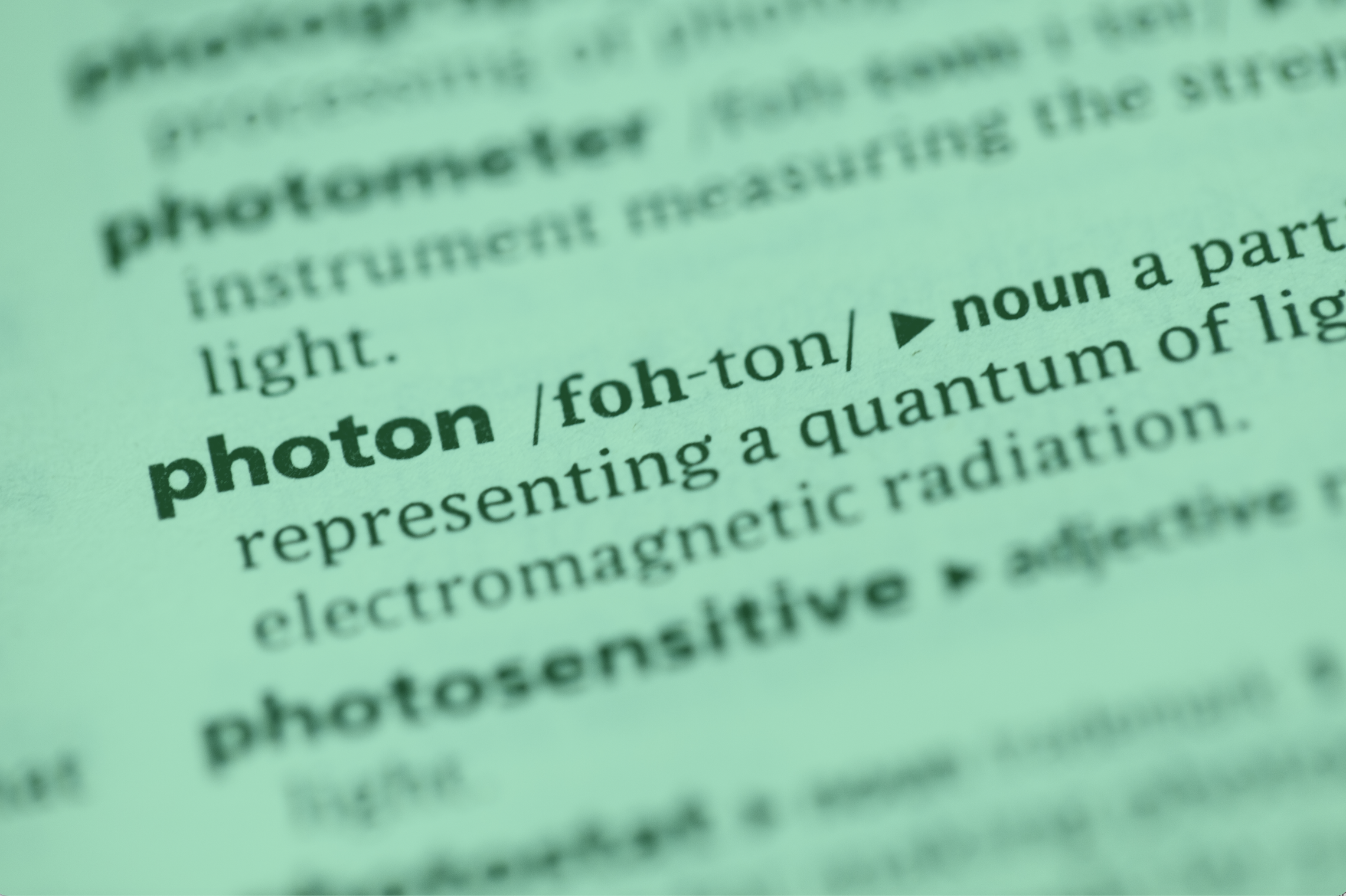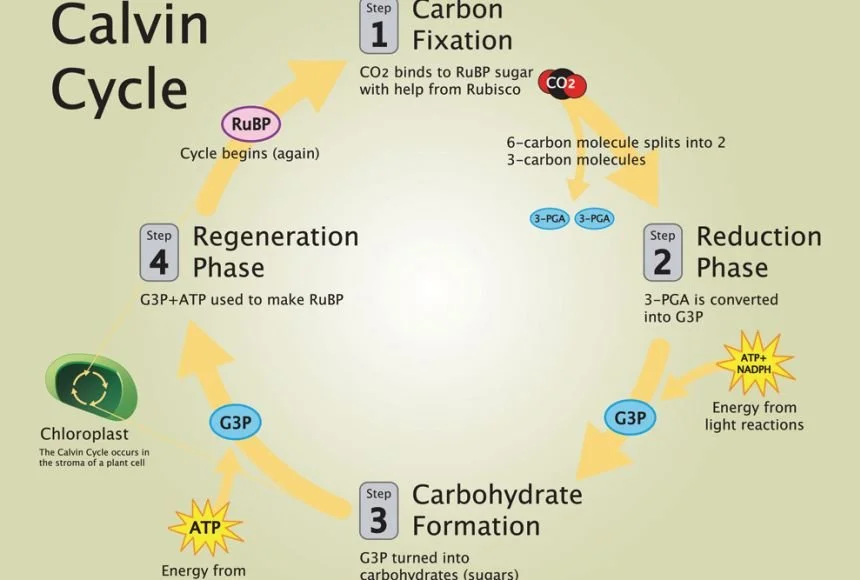Photons and Algae: An Alternative Energy Source
Introduction: The Need for Sustainable Alternative Energy
In today's world, energy is a critical commodity. With the world's population projected to increase to over nine billion by 2050, the demand for energy will continue to rise. However, traditional energy sources such as fossil fuels are finite, and their use contributes to environmental degradation. Therefore, there is an urgent need for alternative energy sources that are sustainable, renewable, and environmentally friendly. One promising alternative energy source is algae, which harnesses the power of photons, the smallest particles of light.
Algae and Photosynthesis: A Natural Energy Source
Algae are simple, photosynthetic organisms that convert sunlight into chemical energy through the process of photosynthesis. During photosynthesis, algae absorb photons from sunlight and use this energy to convert carbon dioxide and water into organic compounds, primarily sugars, through a series of chemical reactions. These organic compounds can then be used as a source of fuel, food, and other products. In addition to its ability to produce biofuels, algae has numerous other applications, including wastewater treatment, fertilizer production, and carbon capture.
The Role of Photons in Algae-based Biofuels
Photons, on the other hand, are the smallest particles of light, and they play a crucial role in the process of photosynthesis. When a photon strikes a pigment molecule in an algae cell, such as chlorophyll, the energy from the photon is absorbed by the molecule, and an electron is excited to a higher energy level. This energy is then used to power the chemical reactions of photosynthesis. Because photons are abundant and freely available, they represent a virtually inexhaustible source of energy that can be harnessed through the use of algae.
Advantages of Algae-based Biofuels over Coal and Fossil Fuels
Algae-based biofuels have several advantages over traditional fossil fuels and coal.
First, algae can be grown in a variety of environments, including freshwater, saltwater, and even wastewater. This means that algae cultivation does not compete with other land uses, such as food production.
Second, algae have a high growth rate and can produce biomass up to 30 times faster than traditional crops.
Third, algae can be harvested year-round, making it a reliable source of fuel.
Fourth, algae-based biofuels produce fewer greenhouse gas emissions than fossil fuels, which contribute to climate change.
Challenges of Algae-based Biofuels
Despite the many advantages of algae-based biofuels, there are still significant challenges that need to be addressed to make them a viable alternative to fossil fuels. One of the most significant challenges is the high cost of producing algae biomass. Currently, the cost of algae-based biofuels is significantly higher than that of traditional fossil fuels. This is due in part to the high cost of producing algae biomass, which requires significant amounts of water, nutrients, and sunlight.
Strategies for Improving Algae Production Efficiency and Reducing Costs
To overcome these challenges, researchers are developing new technologies and approaches to improve the efficiency and reduce the cost of algae production. One promising approach is to use genetically engineered algae strains that are optimized for specific environmental conditions and can produce high yields of biomass. Another approach is to use closed photobioreactors, which can provide controlled environments that optimize algae growth and reduce the risk of contamination.
Other Potential Applications of Algae in Alternative Energy
In addition to biofuels, algae has numerous other potential applications in alternative energy. For example, algae can be used to produce hydrogen gas, which can be used as a fuel for fuel cells. Algae can also be used to produce bioelectricity through a process called microbial fuel cells, which use bacteria to convert organic matter into electrical energy.
Conclusion: The Promising Future of Algae-based Biofuels
In conclusion, algae-based biofuels offer a promising and sustainable alternative to coal, one of the most polluting and nonrenewable sources of energy. By harnessing the power of photons through photosynthesis, algae can produce biomass that can be used as a source of fuel, food, and other products. Although there are still significant challenges that need to be addressed, researchers are making progress in developing new technologies and approaches that could make algae-based biofuels a viable and competitive alternative to coal. As we work towards reducing our reliance on coal and other nonrenewable energy sources, it is critical that we explore and invest in alternative energy sources like algae to create a more sustainable and resilient energy future for generations to come. By transitioning to more sustainable and renewable energy sources, we can reduce our environmental impact, improve public health, and create a more equitable and prosperous world for all.
Download See Fish to learn more about the environment.



